(ECNS) -- Factory workers in China are increasingly using TikTok to attract American consumers by showcasing products at appealingly low prices.
These factories claim to produce items for major U.S. brands, such as Lululemon and Nike, yet instead of promoting their branded clients, workers encourage American shoppers to bypass retail markups and tariffs by purchasing goods directly from the source.
In one popular TikTok video, a creator stands in front of a factory reportedly producing Lululemon leggings, claiming they cost only five or six dollars to manufacture but retail for over $100 in the U.S. The influencer suggests the materials and craftsmanship are essentially identical to those sold in stores.
Another video highlights a luxury handbag seller asking viewers, "Why not buy directly from us? You won't believe our prices," while providing website links and contact information for direct orders.
However, a spokesperson for Lululemon clarified to Bloomberg that just 3% of its products are manufactured in the Chinese mainland, and emphasized that genuine items are sold exclusively through official Lululemon stores, websites, and authorized partners.
In addition to apparel, these TikTok influencers are offering furniture, toys, and home appliances at prices significantly lower than U.S. retail. Videos are typically produced in English, with prices listed in U.S. dollars, clearly targeting American consumers.
By Tuesday (April 15), hashtags like "Chinese Manufacturer" dominated TikTok's trending lists. Videos associated with these tags have amassed millions—sometimes tens of millions—of views and frequently surpass 100,000 likes.
One American commenter expressed reliance on these Chinese suppliers, citing rising U.S. prices due to "Trump's crazy tariffs."
Whether direct purchases from Chinese factories can genuinely avoid U.S. tariffs remains uncertain. Legal concerns have arisen regarding potential violations of non-disclosure agreements (NDAs) between genuine factories and the brands they supply, possibly threatening established business relationships.
Meanwhile, some Chinese manufacturers are expanding their direct-to-consumer approach to additional markets, including Europe, Central Asia, and Southeast Asia.
(By Zhang Dongfang)










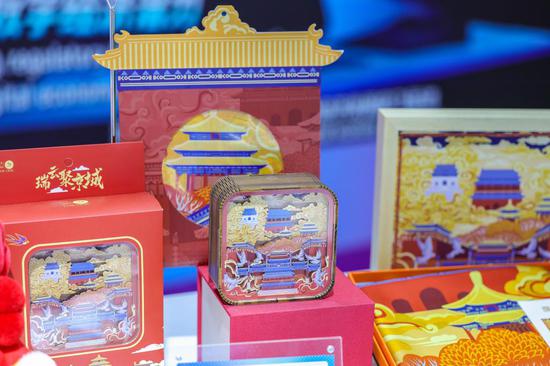
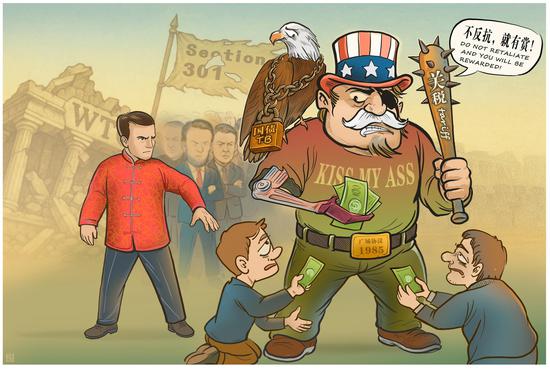

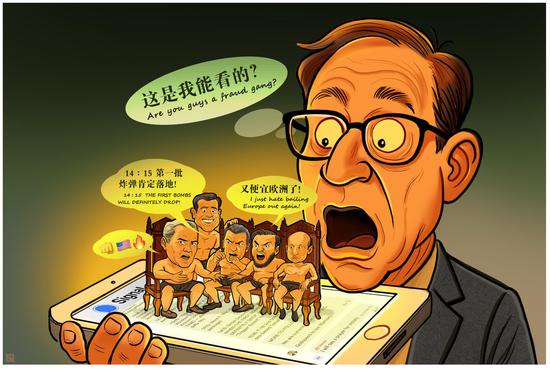
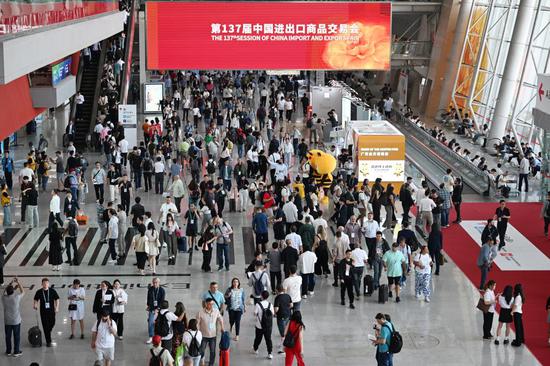
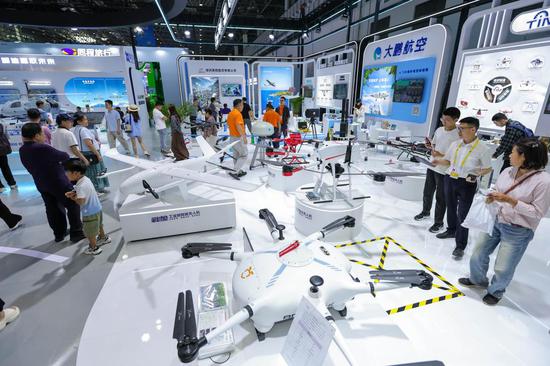
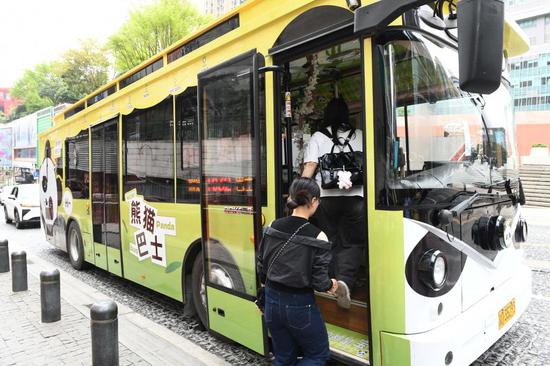
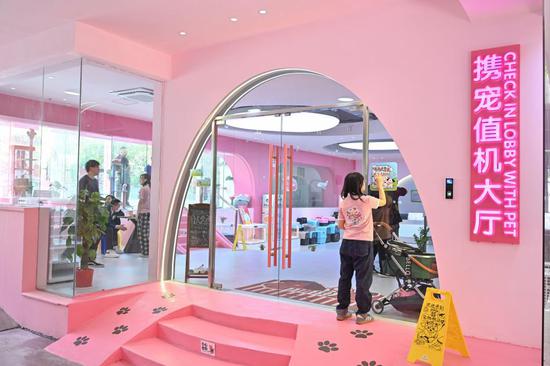
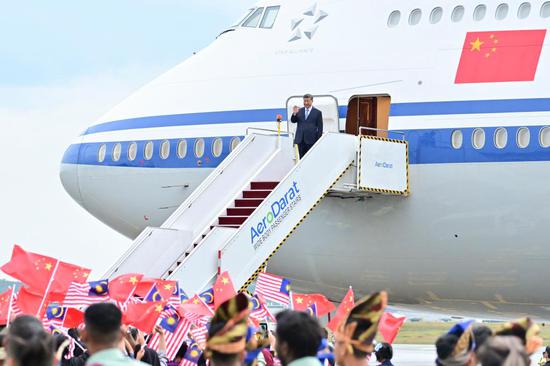









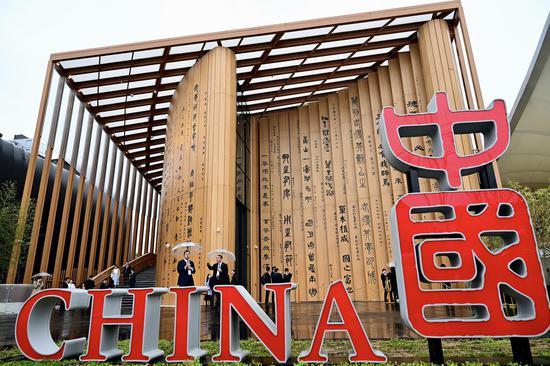
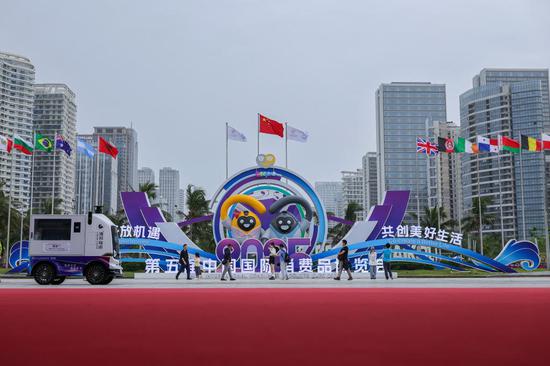


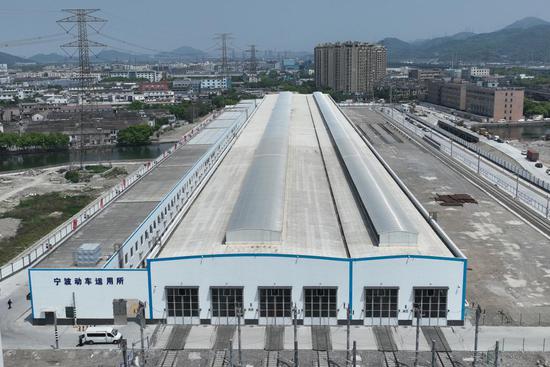










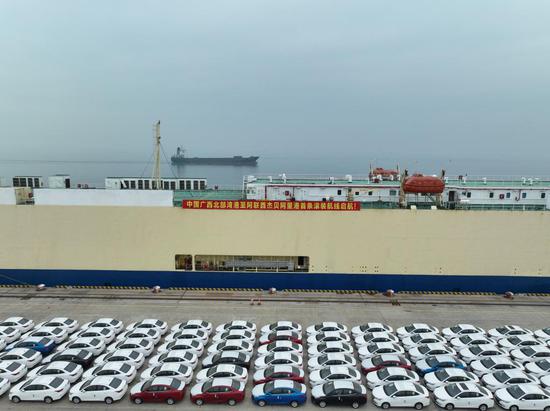






 京公網安備 11010202009201號
京公網安備 11010202009201號